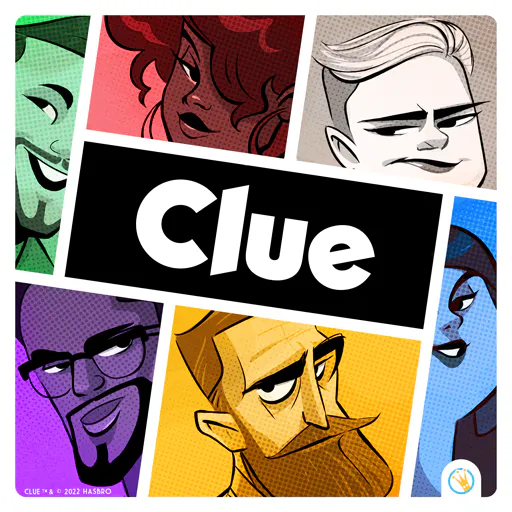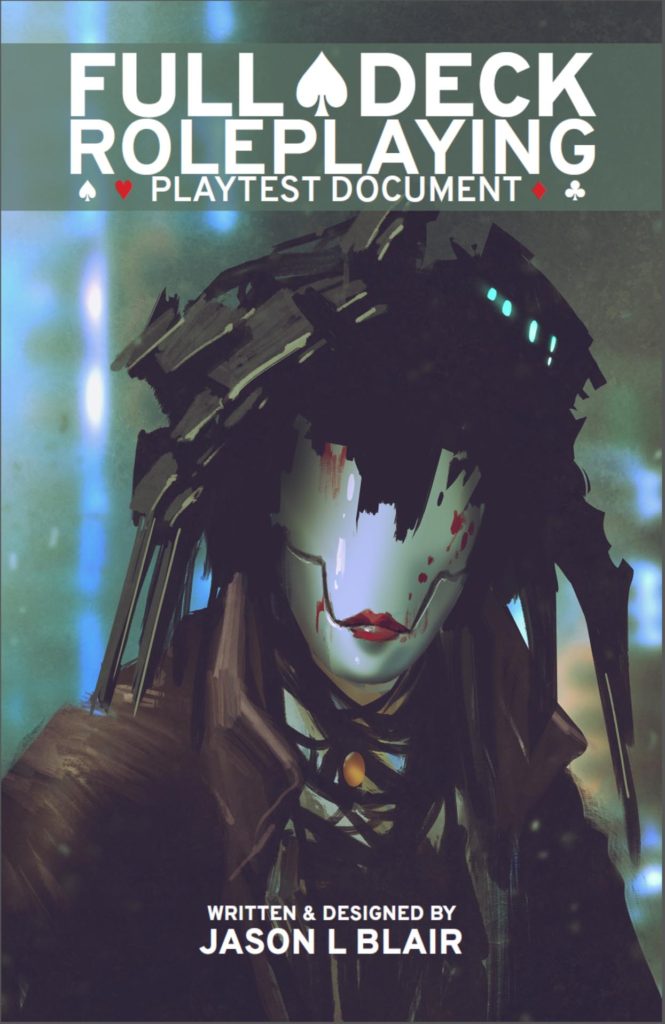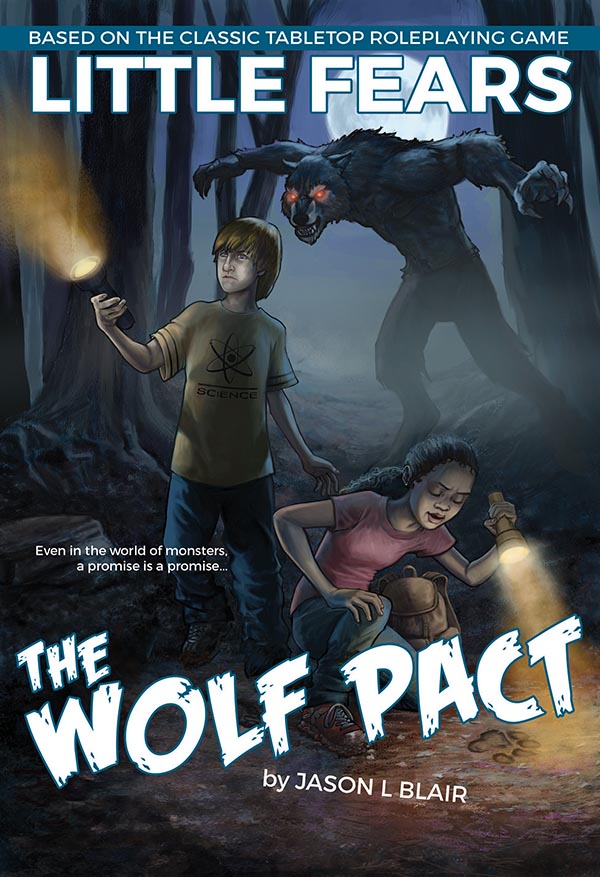Character Collection: Maschine Zeit
character collection, rpg March 8th, 2010Maschine Zeit is a new horror RPG currently being developed by David A. Hill Jr for publication by Machine Age Productions. David put the call out a few days ago for folks to playtest the character creation rules and, intrigued as I was by the concept, I quickly volunteered.
The basic premise of Maschine Zeit is pretty cool. In the future, the larger nations launch a bunch of space stations into orbit. The program takes off quickly, despite some major setbacks, and is touted as a way off the Earth—which is good because the old blue lady is kinda circling the drain at this point.
About 10% of Future Earth’s population ends up on these stations—about a billion people, says the game, which sounds good to me given the timeline—and it’s all pretty idyllic until they all die horribly in a radioactive pulse.
Luckily, you don’t play those people.
Not so luckily, you play the people who are sent to these hulks, each with his or her own agenda and thanks to the funding of a party that brings its own agenda on top of that one. Also, these stations are haunted by stuff that really, really wants to kill you.
If you’re imagining a pen-and-paper Dead Space, we’re sharing a mindlink here. If you’re now thinking that sounds like awesome-hella fun, allow me to send you a digital high-five.
HIGH-FIVE!
(I make a character after the jump.)
Cut to the Chargen
Along with a brief description of the events that precede the game, David sent over everything I needed to make a character which I did as soon as I could.
Creating a character was quick, easy, and a lot of fun. Characters are pretty evenly split as far as elements defined by the game and elements defined by me. The first step is biographical: My character’s name, the person or organization funding the event, and basic concept for the character.
Players are free to create characters from a wide variety of backgrounds with an even wider array of purposes, motives, and goals. David urges the players to come together as a group to collectively define the experience they’re about to share, to have a discussion about what type of game they want to play and determine which characters fit that type of game. The text puts it this way:
The possibilities are limitless. This discussion builds limits.
Well said.
Since I was creating my guy alone, I had to set my own limits. Here’s what I came up with.
My character is Zev Hollister, an archivist who was recruited by an undisclosed party to collect personal records from the ships. This is stuff like video transmissions sent between people on the station and loved ones still planetside, private audio journals, et cetera. Zev isn’t sure what the party’s interest is but it gives Zev access to what he’s really curious about: What happened up there. Zev’s father, Abram, was killed during the pulse and Zev has been stonewalled every step whenever he tries to get information about what happened. That’s his motivator and will inform the character as I work through his Elements.
Name: Zev Hollister
Trip Funded by: Private Party
Concept: An archivist who uses the expeditions to gather information about his dead father.
The next step is to define six Elements for Zev. Elements are broken into four general categories: Universal, Personal, Genotype, and Dramatic. Genotype Elements provide supernatural benefits and abilities but are also optional and uncommon. As that doesn’t really jibe with my concept, I’ll stick with the other three.
Universal Elements are further broken into three subcategories: Soma, Pneuma, and Psyche. Those three in turn are broken into three sub-subcategories. These stats are less about what your character may actually be able to do and more about the assets of that character you want to pull into play.
Soma is divided into Body, Mind, and Persona. Pneuma is divided into Knowledge, Rote Skill, and Interaction. Psyche is divided into Id, Ego, and Superego.
The distinctions are explained nicely and make good sense based on that. I particularly like how the Psyche Elements feel as though they’ll help inform my character’s actions in play.
You get 150 points to divide between those nine stats. Here’s how Zev stacks up.
Zev is a scientist first and foremost. He has dedicated his life to the study and preservation of culture. The most I can put into a single Element is 25 so I fill Mind to the top. My guy doesn’t rely on personality and human interaction to get stuff done—mostly he deals with inanimate objects. I put 15 in Body and 10 in Mind. The 25, 15, 10 seems like a good pattern so I stick with it through out the other Elements.
For the Pneuma Elements, I pump Knowledge as far as she’ll go and put 15 in Rote Skill. Those two are the pillars of Zev’s experience and learning. I put 10 in Interaction. He’s not a total social feeb but he’s too reserved to learn much from human interaction.
Finally, I put 25 in Superego to give him a bit of a contradiction. He’s an internalized egghead but is often driven by what others expect from him. I put 15 in Id and 10 in Ego as selflessness seems counter to the type of action I’d like to see from Zev.
Soma Elements
Body: 15
Mind: 25
Persona: 10
Pneuma Elements
Knowledge: 25
Rote Skill: 15
Interaction: 10
Psyche Elements
Id: 15
10: Ego
Superego: 25
Next are Personal Elements which aren’t as rigidly defined as the Universal ones. There are three general categories: Descriptor, Skill Set, and Association. These loosely tie to Soma, Pneuma, and Psyche respectively. I get another 150 points to spend on these.
The Descriptor Elements give me a chance to flesh Zev out a bit. I put 25 (again, the max) in Analytical as that’s his focus. I put 15 in Radical but he’s ultimately subverting his benefactor with his own agenda. I put 10 in Empirically-focused as he’s more likely to trust what he can sense than what someone else tells him. For Skill Set Elements, I get to name some specific abilities that Zev has. I lay it down pretty plainly: Historian 25, Investigator 15, Deciphering 15. I figure the latter skill comes into play as a lot of archival material is password protected or the data has been partially corrupted due to exposure to elements, age, or proximity to magnetic fields. The other two are pretty self-explanatory and should come in handy during play.
The last set is Association Elements. These are motivators, connections, and other stuff that’ll get a character into trouble. Zev’s prime motivator is his dead father so I put Missing Father at 25. I realized after I’d phrased it that way that Zev probably has no way of confirming that his father is dead. Huh. Could make for interesting story fodder. I took Ulterior Motives at 15 which I’m hoping might conflict with another character at some time and provide some good drama. The last one is Faith in Science which I put at 10. There was no rule that each category needed three listings but I already had a good spread with that 25, 15, 10 thing and it seemed to make for a fuller character and balanced character sheet.
Descriptor Elements
Analytical 25
Empirically-focused 10
Radical 15
Skill Set Elements
Historian 25
Investigator 10
Deciphering 15
Association Elements
Faith in Science 10
Missing Father 25
Ulterior Motives 15
Alright, since I have no need for a Genotype Element, I skip it. This leads me to Dramatic Elements. You get a number of these that’s determined by how many players are around the table. (I love mechanics like that.) I’m going to let that sit for now—I’ll wait until I have an actual group. The last little bits are Core and Conditional Injury stats. Since I’m a fresh character, I start bruise-free.
And that’s it! I have a character.
Overall
I really liked the character creation rules of Maschine Zeit. While I owe David a more in-depth review of the process, I’ll stop here for our purposes. Having read over the material David provided, I’m very excited for Maschine Zeit‘s release. I urge you to keep up with the Machine Age Productions website for details and keep an eye open for the game’s release which is scheduled for May 2010.



March 8th, 2010 at 9:08 pm
Maschine Zeit also happens to be a killer album and song by industrial band Funker Vogt.
March 8th, 2010 at 9:58 pm
Why yes, it does.
In a weird, sort of roundabout way, you could say that’s where it came from. I own the album, but hadn’t heard it in a good five years. I remembered once Google Alerts came up with the name.
My use of the name technically came from a story my grandfather told me from his time growing up in Germany.
March 24th, 2010 at 12:49 am
[…] L Blair, author of the critically-acclaimed “Little Fears,” brings us an archivist looking for clues about his dead […]